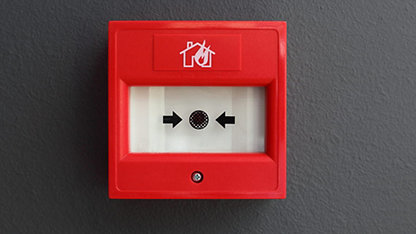The Retained EU Law (REUL) (Revocation and Reform) Bill was introduced as draft legislation in Parliament on 22 September 2022.
The Bill if passed will downgrade REUL so it can be amended by secondary legislation. Secondary legislation does not have to go through an amendment process in either Houses of Parliament, so it does not receive the same level of scrutiny as primary legislation.
There are around 21 sectors in the UK economy across 300 specific policy areas and an estimated 3,700 pieces of complex law that will be affected by the draft legislation. As the Bill does not specifically define which laws have been identified it is difficult to predict exactly how the built environment will be affected by this legislation.
We are aware that certain regulations will not be subject to review such as the new building safety regulations put in place by the Building Safety Act 2022 however, we are concerned that similar powers to revoke or remove law could be used to remove regulations in the future that add ‘red tape’ to the building process.
A key concern we also have is the proposed timescale for ‘sunsetting’, currently the estimated date for this exercise to be completed in is 31 December 2023 which only provides the Government with a short period of time to assess complex areas of law. The danger of this short timeframe is that it could create huge uncertainty and disruption for UK firms.
Whilst RICS is not opposed to the Bill there are real concerns surrounding the potential impact to the built environment industry and the potential lack of checks and balances that could arise in passing this Bill into law.
We are collaborating with other professional bodies on this matter and have submitted a joint letter to the Secretary of State for Business and Trade raising our concerns which can be found in the document below.











